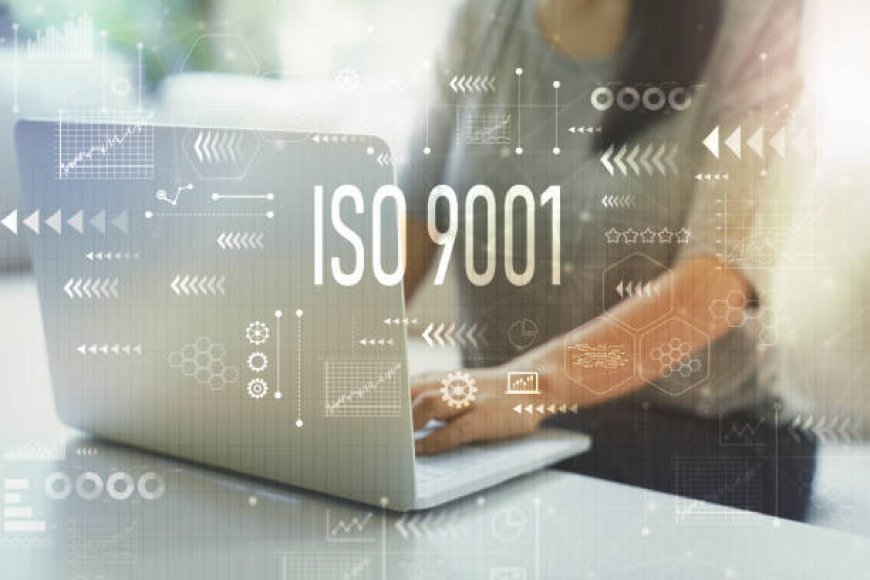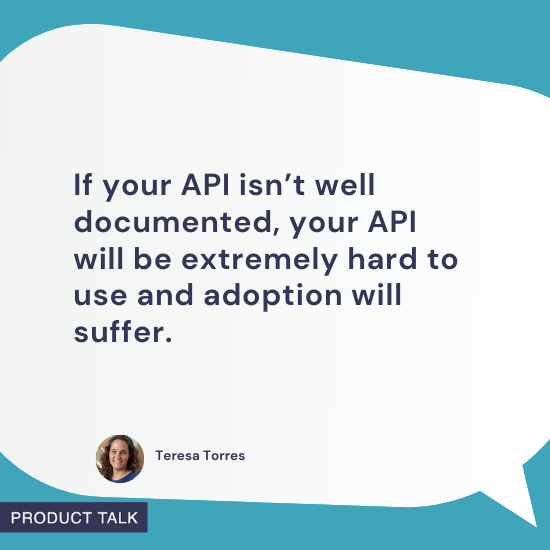Why ISO 9001 Certification Could Be Your Startup’s Secret Weapon

You’re a startup founder, juggling a million tasks—pitching to investors, tweaking your product, maybe even brewing your own coffee to save a buck. Scaling up feels like a dream, but it’s a dream that demands structure, trust, and a little bit of swagger. Enter ISO 9001 certification. It’s not just a fancy badge for big corporations; it’s a game-changer for startups hungry for growth and credibility. Let’s unpack why this standard could be the edge your business needs to shine.
What’s ISO 9001, Anyway?
ISO 9001 is a globally recognized standard for quality management systems (QMS). Think of it as a blueprint for running your business in a way that ensures consistency, efficiency, and customer satisfaction. It’s not about flashy marketing or cutting corners—it’s about building processes that deliver every single time. For startups, it’s like having a seasoned mentor whispering, “Get your house in order, and the world will notice.”
The standard covers everything from how you handle customer feedback to how you manage your supply chain. It’s flexible enough to fit a scrappy tech startup or a boutique consultancy, yet robust enough to impress the suits at a venture capital firm. Sounds like a lot of work, right? It is, but the payoff is worth it.
Why Should Startups Care?
You might be thinking, “I’m barely keeping my head above water—why add another hoop to jump through?” Fair question. Startups are lean, chaotic, and often allergic to bureaucracy. But here’s the thing: ISO 9001 isn’t about piling on red tape. It’s about creating a foundation that lets you scale without imploding.
-
Builds Investor Confidence: Investors don’t just bet on ideas; they bet on execution. ISO 9001 shows you’ve got systems in place to deliver consistently. It’s like saying, “We’re not just winging it.”
-
Attracts Big Clients: Larger companies love working with certified partners. It’s a trust signal that you’re not going to mess up their supply chain or drop the ball on deadlines.
-
Saves Time in the Long Run: Ever waste hours fixing a mistake because your process was “just figure it out”? A QMS streamlines operations, so you’re not constantly putting out fires.
-
Boosts Team Morale: Clear processes mean your team knows what’s expected. No more guessing games or late-night panic sessions.
I’ll admit, when I first heard about ISO 9001, I thought it was for factories churning out widgets, not for nimble startups. But then I saw a friend’s SaaS company use it to land a major enterprise client. That’s when it clicked: this isn’t just about quality control; it’s about building a business that’s ready to grow.
The Emotional Pull of Getting It Right
Let’s get real for a second. Running a startup is an emotional rollercoaster. One day you’re on top of the world; the next, you’re questioning every decision. ISO 9001 can be a stabilizing force. It’s not just about processes—it’s about the peace of mind that comes from knowing your business is built on solid ground. When you’re pitching to investors or onboarding a new client, that confidence shines through. Who doesn’t want to bet on a team that’s got its act together?
Plus, there’s something satisfying about nailing the details. It’s like perfecting a recipe—you tweak, test, and taste until it’s just right. ISO 9001 helps you do that for your business, turning chaos into something you can be proud of.
How Does It Work for a Startup?
So, how do you actually get certified? It’s not like flipping a switch. The process takes time, effort, and a bit of soul-searching. Here’s a quick rundown:
-
Assess Your Current Processes: Take a hard look at how you operate. Where are the gaps? Are you dropping the ball on customer complaints? Is your onboarding a mess? Be honest—this is your chance to fix what’s broken.
-
Build Your QMS: Create documented processes that align with ISO 9001’s requirements. This could mean standardizing how you handle customer feedback or setting clear quality checks for your product.
-
Train Your Team: Everyone needs to be on board. This isn’t just the founder’s job—it’s a team effort. Hold workshops, explain the “why,” and make it fun. Maybe throw in some pizza.
-
Get Audited: An external auditor will check if your QMS meets the standard. It’s nerve-wracking, like a final exam, but passing means you’re officially certified.
-
Keep Improving: Certification isn’t a one-and-done deal. You’ll need to continuously refine your processes to stay compliant.
Sounds daunting, doesn’t it? But here’s a secret: you don’t have to do it alone. There are consultants and tools like Qualia or Greenlight Guru that can guide you through the process. Plus, the skills you build—critical thinking, attention to detail, team alignment—will serve you long after the certificate is framed on your wall.
The Customer Connection
Here’s another angle: your customers. Whether you’re B2B or B2C, people want to work with businesses they can trust. ISO 9001 is like a neon sign that says, “We’ve got this.” It’s especially powerful if you’re targeting enterprise clients or industries like healthcare or manufacturing, where quality isn’t negotiable.
Take a startup I know that makes medical devices. They were small, scrappy, and competing with giants. Getting ISO 9001 certification helped them land a contract with a major hospital network. Why? Because the hospital knew they could rely on consistent quality. That’s the kind of trust that turns a startup into a contender.
Even if you’re not in a regulated industry, certification can set you apart. Imagine you’re a SaaS company competing in a crowded market. Your competitors are shouting about features and price, but you’ve got ISO 9001 in your corner. It’s a subtle way to say, “We’re not just another app—we’re built to last.”
The Cost of Not Getting Certified
Let’s flip the coin. What happens if you skip ISO 9001? Sure, you save some time and money upfront. But down the road, you might face bigger problems:
-
Missed Opportunities: Big clients or partners may pass you over if you lack certification.
-
Inefficiency: Without a QMS, you’re more likely to waste time on preventable mistakes.
-
Reputation Risks: One bad customer experience can snowball, especially in the age of online reviews.
I’m not saying ISO 9001 is a magic bullet. It won’t fix a flawed product or a toxic team culture. But it can help you avoid the kind of self-inflicted wounds that sink startups before they get off the ground.
A Word on Timing
When should you pursue certification? It’s a bit like asking when to start exercising—there’s never a perfect time, but sooner is better than later. If you’re pre-revenue or still in the prototype phase, it might be overkill. But once you’ve got a product and a small team, it’s worth considering. The earlier you build good habits, the easier it is to scale.
That said, don’t rush it. Certification takes months, sometimes a year, depending on your starting point. Rushing the process just to check a box can backfire. Take the time to do it right, and you’ll reap the rewards.
Wrapping It Up: Your Next Step
So, where do you go from here? If ISO 9001 sounds like a fit, start small. Read up on the standard—ISO’s website is a good place to begin. Talk to other startups who’ve gone through it; LinkedIn’s a goldmine for those connections. And if you’re ready to commit, find a consultant or software to guide you. It’s an investment, sure, but it’s one that could pay dividends for years.
You know what? Running a startup is hard enough without shooting yourself in the foot. ISO 9001 isn’t a shortcut to success, but it’s a roadmap to building a business that’s ready for the big leagues. And in a world where trust is everything, that’s a pretty good place to start.


































































































![Building A Digital PR Strategy: 10 Essential Steps for Beginners [With Examples]](https://buzzsumo.com/wp-content/uploads/2023/09/Building-A-Digital-PR-Strategy-10-Essential-Steps-for-Beginners-With-Examples-bblog-masthead.jpg)















































